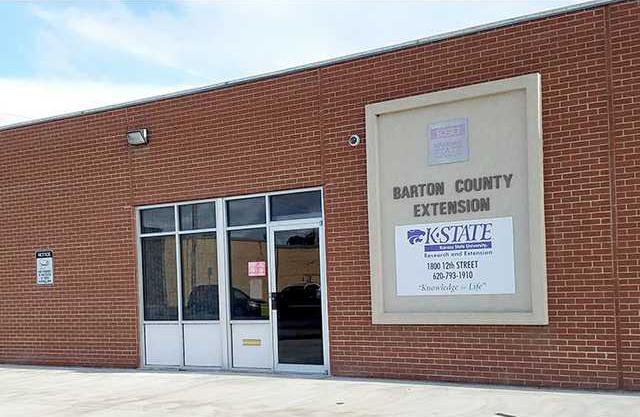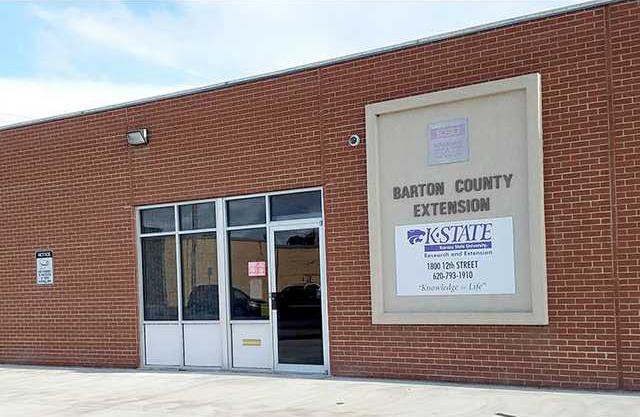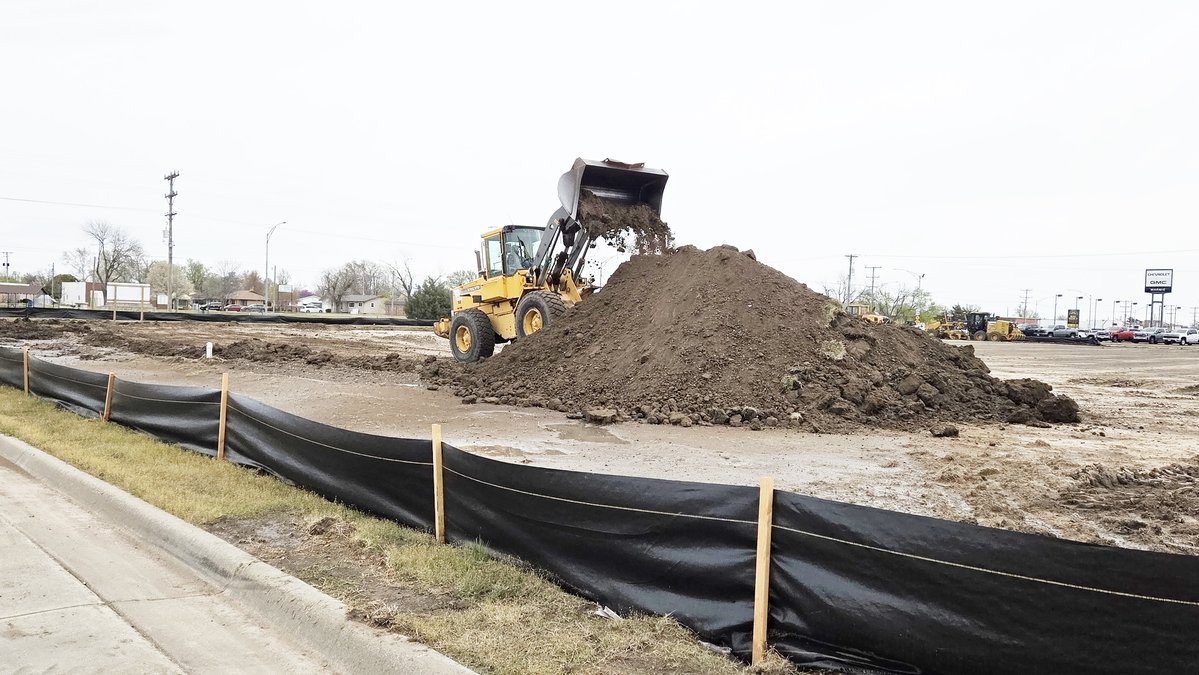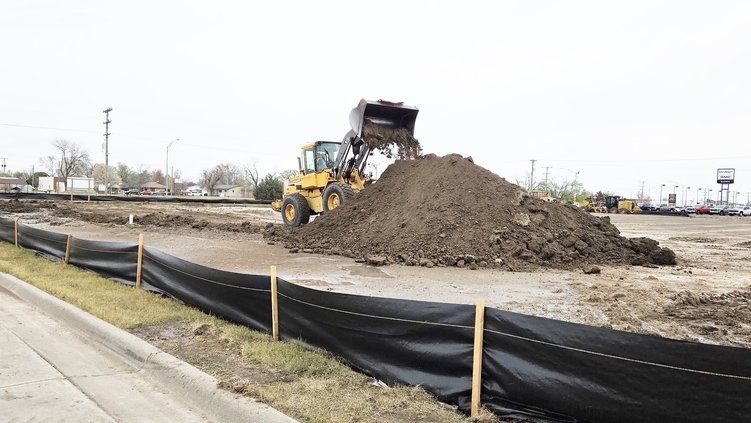In other business Monday morning, the Barton County Commission:
• Approved occupancy agreements with the KSU\Barton County Extension Council and the State of Kansas Parole Office which are housed in the Barton County Office Building at 12th and Kansas in Great Bend. The agreements, set to expire Dec. 31, 2017, allows each agency office space, as well as use of the county’s phone and long distance services. Each agency has a separate agreement for the provided space and services.
• Approved a resolution requiring written requests to receive notifications of commission public meetings. In general, as an open meeting requirement, a public body may require that a request to receive notice (of regular and special meetings) must be submitted to the body prior to the commencement of a fiscal year. As the County prepares for Fiscal Year 2017, the commission may directed staff to request written notification from the public to receive meeting announcements. Such requests must be made those currently receiving announcements by Dec. 13 through the County Commission Office.
Calling it a preemptive strike against potential state-forced consolidation, the Barton County Commission Monday morning gave its blessing to a proposed joint Kansas State University Extension District that would combine extension councils in Barton and Ellis counties.
For some time, the Barton County/Kansas State University Extension Council has explored an option to join the Ellis County Extension Council to form a district. But first, the commissions in both counties had to approve both a resolution supporting the venture and the actual service agreement.
“This is just the ‘go-ahead’,” said Commissioner Jennifer Schartz. “Now the hard work begins.”
Six years ago, Commissioner Alicia Straub said there would have bee n no way she would have backed something like this, But, now, “I think this is the direction we need to go.”
Next, the boards of the two councils will need to meet and iron out the details.
The resolution approved Monday has to be published twice in the newspaper as a legal notice. The final publication of the notice triggers a 60-day public protest period.
Should a petition opposing the measure gather signatures of 5 percent of the eligible voters in Barton County, the matter would have to be put on a ballot for a public election.
The agreement would ultimately need the approval of the Kansas Attorney General’s Office.
What is a joint extension district?
An extension district is a separate taxing entity that would set its own mill levy and be governed by a board elected by county residents. In this case, there would be four board members elected from each of the two counties and this board would set the budget and tax rate.
For this first year, the existing budget would remain in affect. For Barton County, that was $215,000, or about .78 mills.
Barton County Extension Council President Natalie Fullerton said the district will have a maximum mill authority of 1.5 mills, but it would likely be lower.
Under the existing budgets, for every 75 cents Barton County spends on extension, Ellis County spends $1.12.
However, “the tax burden is something we all need to be very concerned about,” said Janel Rose. Rose works in the Health Department, but was speaking as a landowner and taxpayer.
“I want to see the best for the county as a whole, not just one group,” she said. She supports what the extension service does, but questioned the fairness of what could amount to a funding increase for this service while other county departments have to get by with what they have.
And she doesn’t want taxpayers to have yet another tax to pay. “We need to be cognisant that we don’t choose unwisely,” Rose said.
“I had some of the same concerns,” Schartz said. She has worried about the taxation as well as surrendering some local control to a joint board.
“I will vote for this,” she said. “We’ll go for this and hope for the best.”
The state law allowing these districts was passed in 1991. Now, 45 of Kansas’ 105 counties fall under one of 16 districts.
Currently, county extension budgets are approved by the county commissioners and funded through the general fund. Barton County’s council receives about $200,000 annually.
Under the existing system, the extension council budget is under the county’s general fund.
With the change, existing staff would continue to maintain offices in their local counties, and would provide educational programming in both counties. Residents would also have access to additional agents and each county would continue to have its own county fair.
“There are a lot of advantages to this,” Straub said. It will allow the councils to pool their resources and for agents to become more specialized.
And, there is the looming fear the state will come in and force county’s hands, she said. “We need to take action before the state takes action.”
What’s next?
Each county would be represented by four district governing board members, all of whom are elected by county residents.
Each county within the district has at least 24 representatives serving on Program Development Committees (PDC) that meet with, assist and advise district extension agents in the development of programs to address local and statewide needs.
If approved, new joint council would not be official until July 1, 2017. At that time, interim board members would be appointed to serve until the first election is held (four of whom would be appointed by the Barton County Commission).
The eight board members would eventually be elected for staggered terms in November of odd-numbered years.
The Ellis County Commission signed off on the resolution Oct. 10.
At the Oct. 31 meeting, Straub said Ellis and Barton counties are natural partners. The two have similar populations and tax bases, so they would be able to share the load equally, unlike could be the case with other surrounding, smaller, counties.
Also at that meeting, the commission met with Great Bend attorney Allen Glendenning who advised the commission on the matter. He suggested then that the commission hold off on approving the resolution until there was a framework for the agreement in place, something that has now been hammered out.








